Adding to the charm of the proceedings is the wonderful framing device that is streets ahead of the ones used in his previous films. The Crimes of Stephen Hawke opens with a look at a radio station where a radio program called In Town Tonight is being broadcast. After some preliminary foolishness with a duo going by the unlikely name of Flotsam and Jetsam (sounding rather like the Happiness Boys, they sing about the then-current news events in a mildly satirical fashion), and an hysterical and somewhat distasteful interview with a cats’ meat man (a gent who provides horse meat for the family pet), the show shifts to our hero.
“Far removed from horse slaughter is another Slaughter we have with us in the studio tonight. I refer to that well-known actor of old melodrama, Mr. Tod Slaughter,” the announcer informs us, adding, “Mr. Slaughter has murdered thousands of people and been hanged thousands of time — on the stage, of course.” “Yes, and I’m still alive to tell the tale,” gleefully announces Slaughter taking center stage. “In my career, I’ve murdered hundreds and hundreds of people and come to a sticky end more times than I’d care to remember!” he proudly tells us. When asked to comment on favorite methods of murder, Slaughter becomes expansive — “I keep perfectly open mind on the matter. I murder by strangulation, poison, shooting, stabbing or with a razor! In Maria Marten I murdered poor Maria by shooting her in the red barn. In Sweeney Todd, the Demon Barber of Fleet Street, I polished dozens of them off with my razor.” Then as now the raison d’etre for a star’s appearance on a talk show revolves around plugging a new offering — in this case The Crimes of Stephen Hawke. And this, of course takes us to the story.
Despite the fact that Hawke keeps up a veneer of respectability as a quote “friendly” money-lender, it is difficult to understand how his perfidy goes unnoticed. In his legitimate capacity, he is anything but compassionate, turning a widow and her children out into the street when she cannot meet her small financial obligation (and complaining bitterly when her worldly good fetch slightly less than twice her debt!). He openly blackmails hapless society folk in his debt into setting up jewel robberies for him, and thinks nothing of snapping his best friend’s spine when the man gets too close to the truth. All this is carried out with only the slightest regard for appearances.
Regardless of the strong reliance on the previous films for its structure (the screenplay even repeats the basic set-up of the ending of Maria Marten with Slaughter and one-shot pistol holding his attackers at bay), Frederick Hayward’s screenplay provides Slaughter with some of his richest moments and ripest dialogue. In one memorable scene, Hawke has an encounter with a “lecherous brute” out to marry his daughter. Since we are in on the game, this affords Slaughter the opportunity to make his murderous intentions perfectly clear to us while appearing to remain cordial — even subservient — to his would-be son-in-law, suggesting they get together alone some evening to “come to grips on the matter” and assuring him that “when the moment comes you’ll find me behind you.” It is but one of the many delights of this essential Slaughter film.
The Thursday Horror Picture Show will screen The Crimes of Stephen Hawke Thursday, Sept. 17 at 8 p.m. in Theater Six at The Carolina Asheville and will be hosted by Xpress movie critics Ken Hanke and Justin Souther.

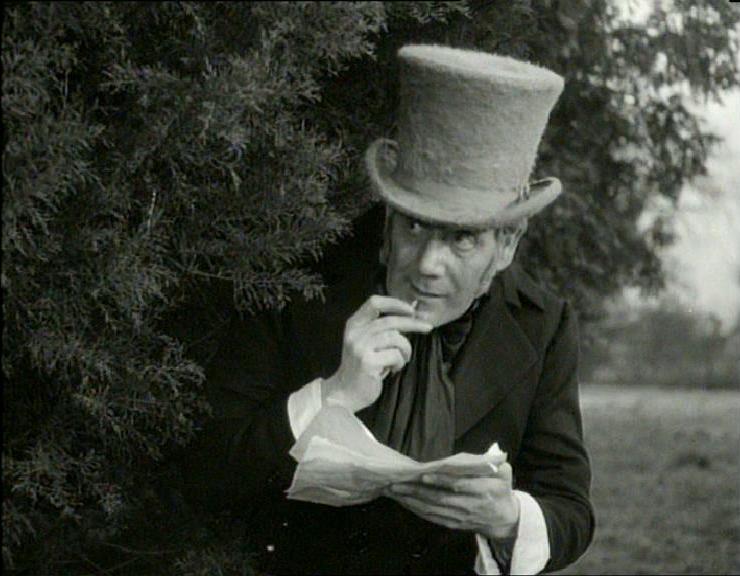
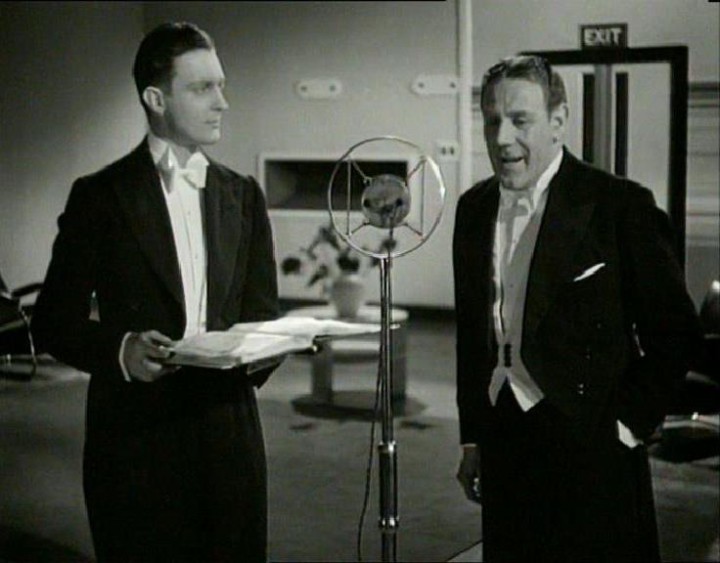

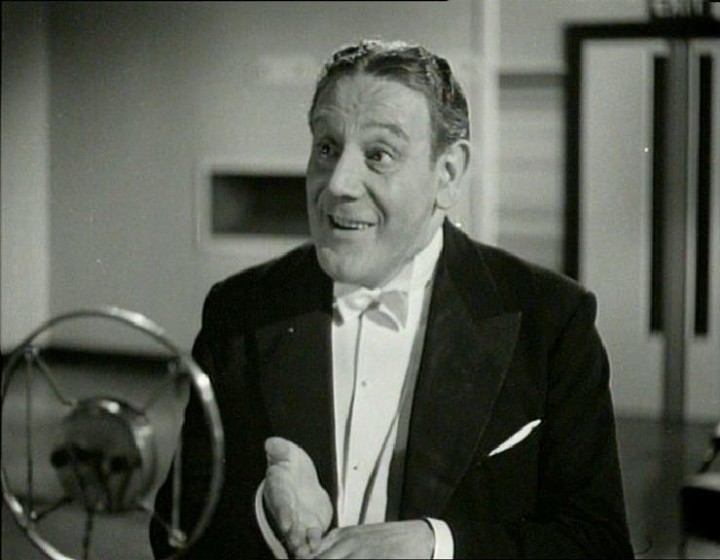
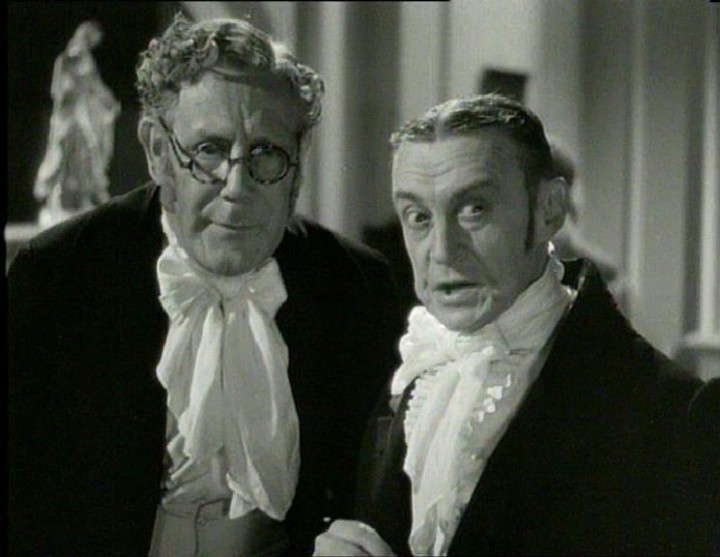
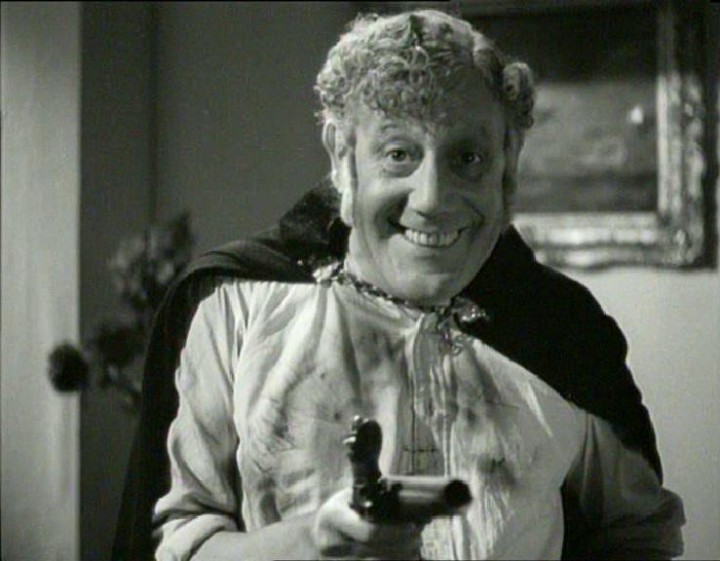

Before you comment
The comments section is here to provide a platform for civil dialogue on the issues we face together as a local community. Xpress is committed to offering this platform for all voices, but when the tone of the discussion gets nasty or strays off topic, we believe many people choose not to participate. Xpress editors are determined to moderate comments to ensure a constructive interchange is maintained. All comments judged not to be in keeping with the spirit of civil discourse will be removed and repeat violators will be banned. See here for our terms of service. Thank you for being part of this effort to promote respectful discussion.